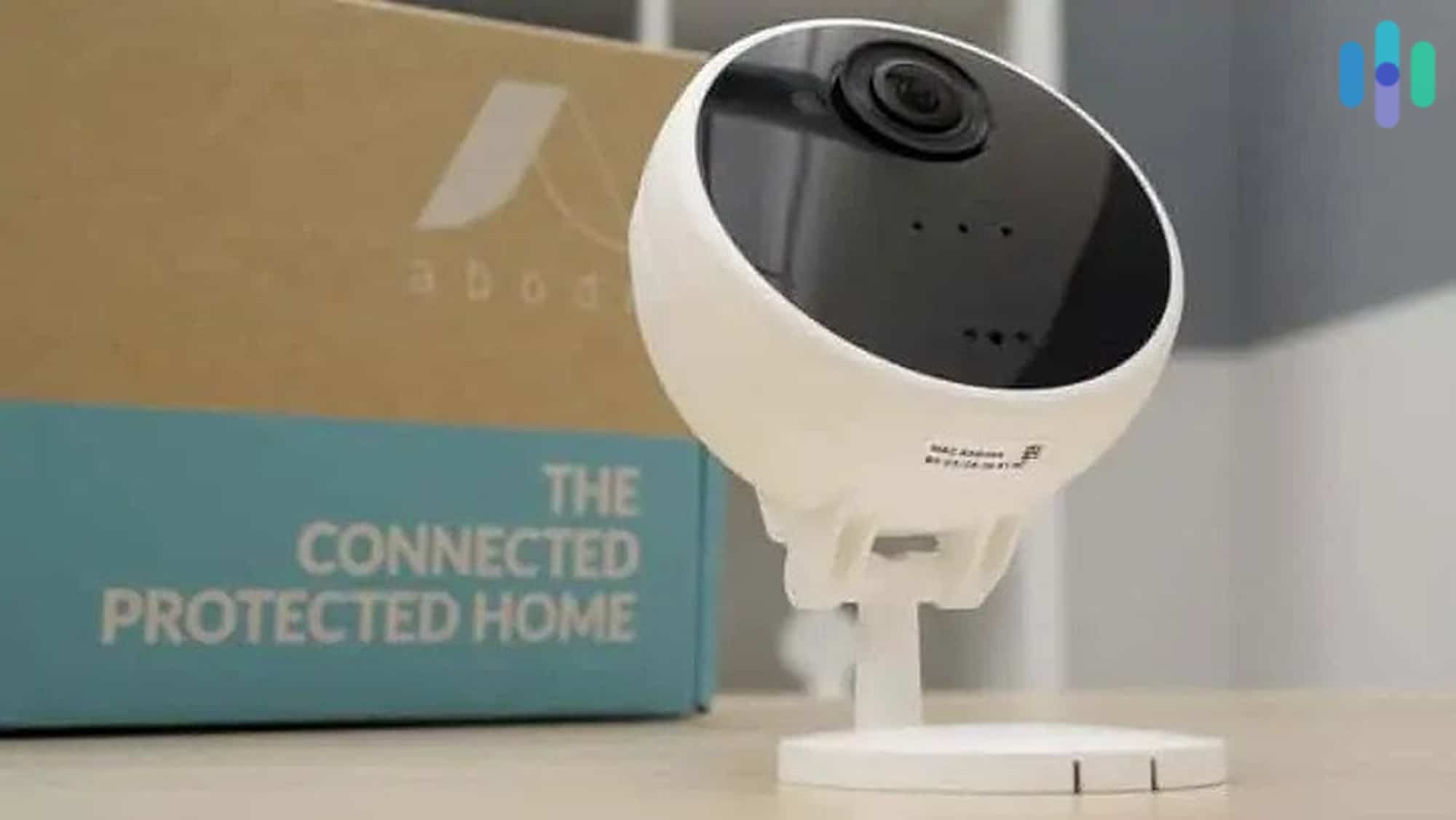Wireless Security: The Convenience and Advantages for Modern Homes”
In an era where technology shapes the way we live, wireless security systems have become integral components of modern homes. Offering convenience, flexibility, and advanced features, these systems provide homeowners with peace of mind and enhanced protection. This article explores the advantages of wireless security solutions, highlighting how they cater to the needs of contemporary living.
1. **Ease of Installation:**
One of the primary advantages of wireless security systems is their ease of installation. Unlike traditional wired systems that require complex setups, wireless systems can be installed quickly and without the need for extensive wiring. This makes them an attractive option for homeowners looking for a hassle-free security solution.
2. **Flexibility in Placement:**
Wireless security devices, such as cameras and sensors, offer unparalleled flexibility in terms of placement. Homeowners can easily reposition cameras or sensors based on changing security needs or to accommodate renovations. This adaptability ensures optimal coverage for the entire property.
3. **Remote Monitoring:**
The ability to monitor your home remotely is a key feature of wireless security systems. Through smartphone apps or online platforms, homeowners can view live footage from security cameras, receive alerts, and even control various aspects of the security system from anywhere with an internet connection.
4. **Scalability:**
Wireless security systems are highly scalable, allowing homeowners to start with a basic setup and expand as needed. Additional cameras, sensors, or other devices can be seamlessly integrated into the existing system without the need for extensive rewiring or professional assistance.
5. **Smart Home Integration:**
Many wireless security systems are designed to integrate with smart home platforms. This integration enables users to create a comprehensive ecosystem where security devices, smart locks, lighting, and other connected devices work in tandem. For example, unlocking the front door can automatically disarm the security system.
6. **Reduced Vulnerability to Tampering:**
Wired security systems are susceptible to tampering as intruders can cut or disable the physical wires. In contrast, wireless security devices communicate through encrypted signals, reducing vulnerability to physical interference. This enhances the overall robustness of the security setup.
7. **Cost-Effective Solutions:**
While initial costs might be higher than traditional wired systems, wireless security solutions often prove to be more cost-effective in the long run. Installation expenses are lower, and the scalability allows homeowners to invest in the system gradually, adapting to their budget and security needs.
8. **Quick and Efficient Updates:**
Wireless security systems can receive firmware updates and security patches remotely. This ensures that the system remains up-to-date with the latest features and protections without requiring physical intervention or service calls.
9. **Environmental Considerations:**
Wireless systems are generally more environmentally friendly than their wired counterparts. The production and disposal of wires and cables contribute to electronic waste, while wireless devices have a smaller environmental footprint.
Conclusion:
Wireless security systems represent a paradigm shift in home protection, offering a level of convenience and adaptability that aligns with the dynamic nature of modern living. From easy installation and remote monitoring to smart home integration, these systems provide homeowners with a comprehensive and user-friendly approach to safeguarding their homes. As technology continues to advance, wireless security solutions will likely play an increasingly central role in shaping the future of home security.





Post Comment